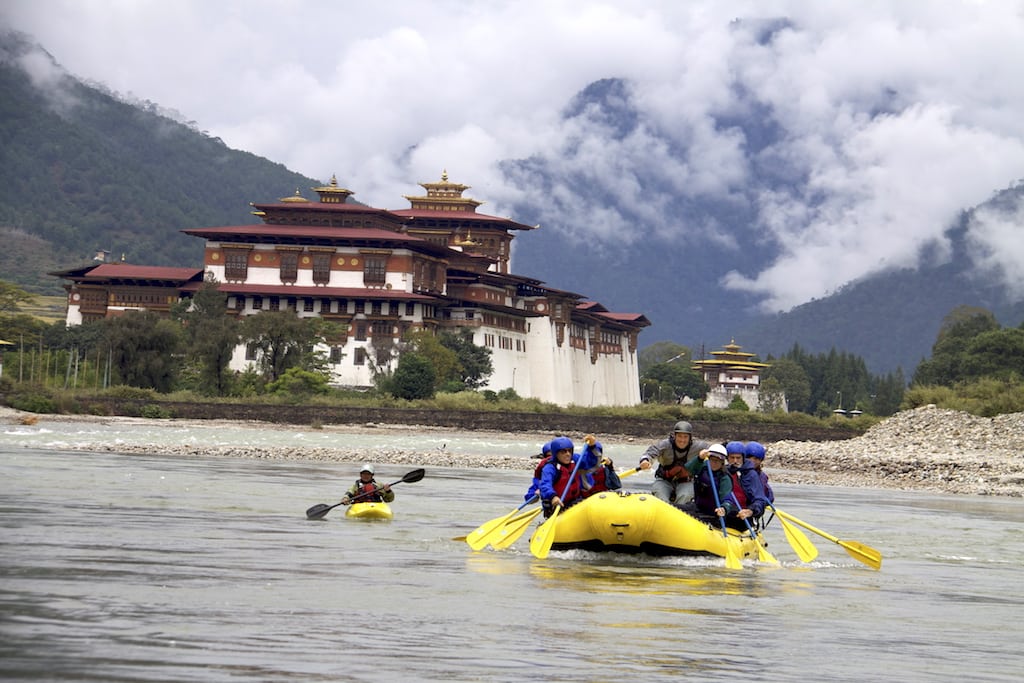Experiential Travel Trend Suits Tour Operators Just Fine

Skift Take
The marketing of products as authentic and experiential has become incredibly pervasive.
So how are tour operators, who actually design and sell the vacation experiences that take travelers to distant destinations and communities, capitalizing on the trend?
“The whole experiential movement continues to grow as an industry segment,” said Terry Dale, president of the U.S. Tour Operators Association. “We’ve got access to the people in communities that can put that package together that can be extremely difficult to do on your own.”
Instead of highly controlled and densely packed itineraries, tour operators are giving vacationers and tour guides time to breathe on the ground. This creates the space for impromptu activities to take place.
“There’s a whole lot of free time in our trips; we customize what’s going to happen on the ground by taking advantage of what’s happening on the ground,” said Jeff Russill, vice president of product and innovation at G Adventures. “You can’t really do that in a resort or on a cruise ship.”
The United Nations World Tourism Organization projects that tourism in emerging economies will grow to 57 percent of the global market by 2030, an increase from 47 percent in 2010.
Emerging economies are especially ripe for the development of experiential tours, particularly those involving small groups of travelers. On-the-ground partnerships in remote communities, along with instant communication between tour guides using mobile technology, allow tour operators to tweak travel experiences on the fly.
“The more structure there is, the further travelers get from the magic needed to make things actually happen,” said Russill.
Russil attributes the growing awareness to how travel affects local communities to people developing an interest in restaurants, particularly where ingredients are sourced and whether restaurant workers receive fair wages.
“We’re seeing a desire to understand where the travel product comes from,” said Russill. “It’s the same way they want to know where their money is going when buying a cup of coffee or staying in a hotel; they’re now looking for social enterprise in travel.”
Top emerging destinations include Iran, Burma and various countries in South America. While violence in the Middle East and concerns over Ebola in Africa have impacted travel to both regions, the travel demand has simply shifted to other destinations in Asia and South America.
Even older travelers are more active, and want more involved experiences.
“We see the average age [of our customers] lowering a bit as baby boomers come into the empty nest, but still working time of their lives where they are looking to travel more,” said Katharyn Bonner, SVP of river and small ship cruising at Tauck. “These travelers are more fit [than previous generations] and therefore looking for some active choices in their travel experience.”
At the same time, according to tour operator executives, vacationers don’t want to be totally turned loose in foreign destinations.
“Most travelers do not want to build every aspect of their vacation – from choosing the right hotel to coordinating transportation and sightseeing logistics,” said Steve Born, vice president of marketing at the Globus family of brands. “They are looking for a personalized vacation and want to have the ability to make choices but they want to balance options with support and expert assistance.”




